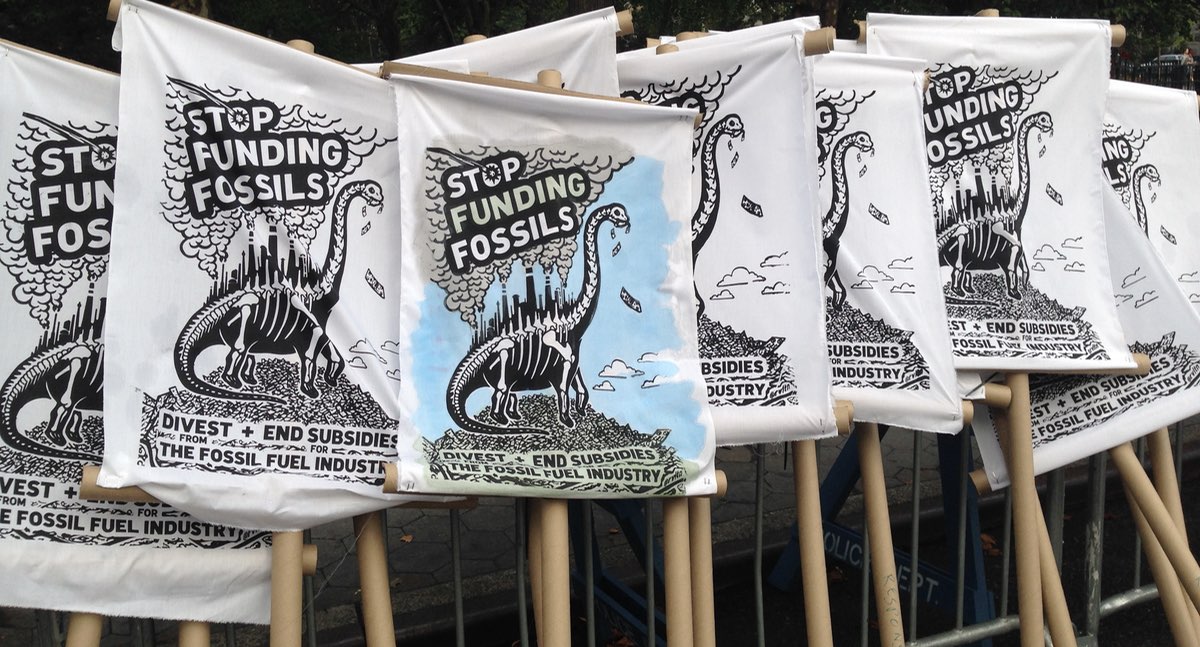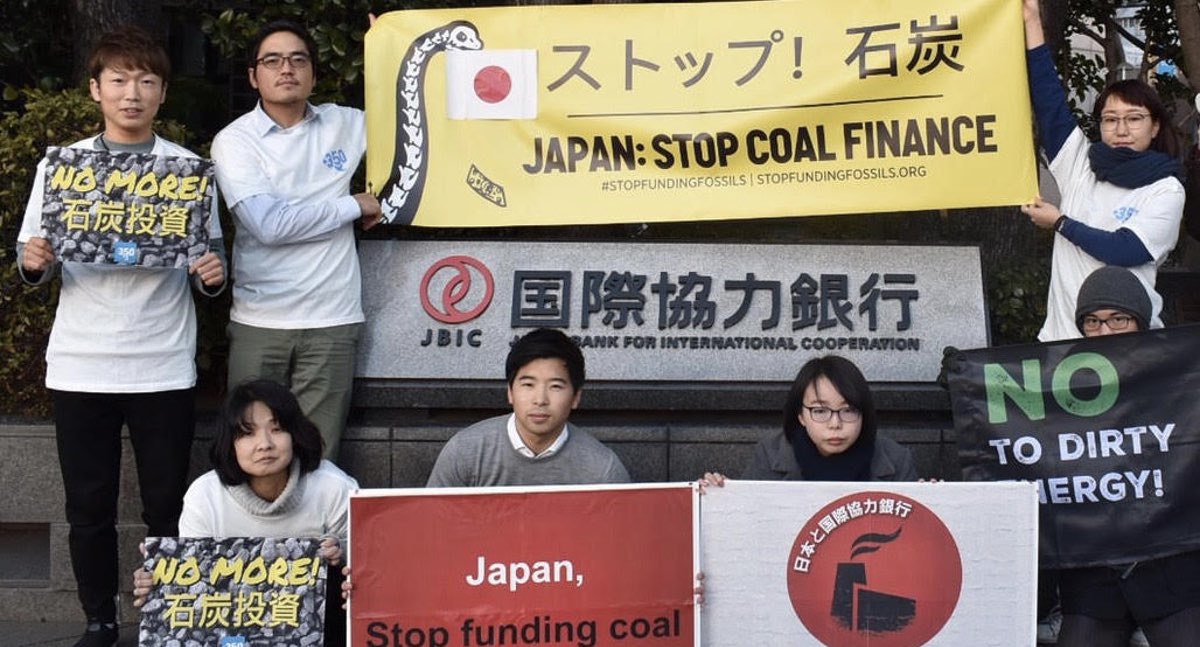STOP FUNDING FOSSILS
Our Stop Funding Fossils program uses critical analysis and strategic organizing to end the vast quantities of government support flowing to the fossil fuel industry and accelerate the clean energy transition.
Public finance and subsidies for fossil fuels play a key role in driving oil, gas, and coal production. Climate leadership means not wasting another cent of public money on the industries that are causing the problem.
OVERVIEW OF WORK
Our research shows that G20 governments spend $444 billion per year propping up oil, gas, and coal production, while the G20’s taxpayer-backed public finance institutions provide nearly 4 times more public finance to fossil fuels than to clean, renewable energy.
These massive subsidies play a key role in expanding oil and gas production and locking in existing fossil fuels: recent analysis finds that half of the new oil fields being drilled in the US would have remained undrilled if not for substantial subsidies; at the same time, public finance for fossil fuels de-risks capital-intensive megaprojects, like massive coal plants in Southeast Asia, few of which would proceed without government backing. And as oil, gas, and coal producers face increasing competition from renewable energy, instead of simply reducing fossil fuel production, they exert their political influence to get more handouts to keep extracting.
Instead of spending scarce public resources on the fossil fuel industry, our work challenges public institutions to scale up their support for distributed renewable energy solutions that can deliver energy access quickly and at least cost in many developing countries: today, support for these solutions makes up only a tiny fraction of all public finance for energy.
We know from the work of our Energy Transitions and Futures program that already-producing oilfields, gasfields, and coal mines hold enough carbon to take the world well beyond 1.5°C of warming and up to 2°C. This means that governments who’ve signed up to the Paris Agreement (that’s nearly everybody) shouldn’t spend another cent of public money on fossil fuels if they take their commitment seriously. We call on them to stop funding fossils.
LATEST PROGRAM POSTS
Interesting op-ed from a Silicon Valley newspaper by the CEO of Akeena Solar, which calls itself America’s leading solar installer.
The CEO, Barry Cinnamon, argues “This week the House of Representatives will vote on the Renewable Energy and Energy Conservation Tax Act of 2008. This act would eliminate $18 billion in tax breaks for oil companies to help pay for extending renewable energy tax credits. If the House approves, we'll see if Senate Republicans can vote for good energy and environmental policy - or just vote for Big Oil again.”
Global coalition calls for an end to ‘oil aid’
October 19, 2007, Washington, DC. – More than 200 organisations from 56 countries are calling on the World Bank and other international financial institutions to end subsidies to the oil industry. In a statement released today, the groups refer to ‘oil aid’ as one of the most glaring barriers to fighting climate change and addressing energy access in developing countries.
The Democrat-controlled House of Representatives wants to spend almost $7bn in the coming year to reduce the nation's enormous carbon footprint, reports the Independent. This has put it on a collision course with the White House, which still remains in denial about climate change.
A major clash is expected between the White House and Congress in the autumn, with President George Bush sceptical of the Democrats' newfound enthusiasm for the environment. The best way to reduce America's dependence on foreign oil is to drill for more, he believes.
Today, over 30 U.S. environmental, development and faith-based organizations sent a letter to the U.S. House of Representatives (Acrobat .pdf) calling on Members to support the End Oil Aid Act.
"The U.S. can play a critical role in fighting our addiction to oil, alleviating global poverty and combating climate change as we move toward a clean energy future. Using taxpayer dollars to support the oil industry undermines these goals, and Congress should end this international 'oil aid.'"
LATEST PROGRAM RESEARCH
U.S. single biggest violator of CETP pledge, approving the most fossil fuel projects of any signatory for a total of almost USD $2.3 billion.
"Today’s announcement from the Netherlands, United Kingdom, Canada and many of their peers is a disappointment. At a time when we need rich country leaders to concretely expand their past ambition to secure a fair deal, these ministers are just regurgitating promises and initiatives that are now more than a decade old and have been so ineffective that fossil fuel handouts and profits continue to reach record levels."
Australia has joined a major international initiative to end international public finance for fossil fuels at an event held at the UK Government Pavilion today at COP28. Australia follows Norway, who also joined the initiative on Saturday.



